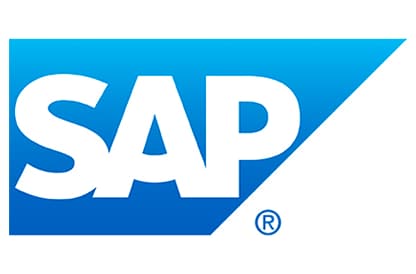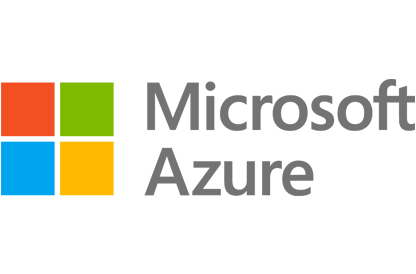With each new case, the global technology company realizes greater efficiencies, cost savings and risk reduction.
Not this company. OpenText™ Discovery helped the global technology leader develop an efficient process using a centralized repository for data reuse across cases. It implemented OpenText™ Insight to maintain approximately 300 million documents across more than 425 matters, with more than 800 million documents produced. The solution helps the company manage and quickly produce the subset of product specification data across 70 patent suits.
Streamlining process, mitigating risk
The goal was simple: provide a centralized environment to drive efficiency by enabling the immediate production of core technical documents for each new patent case, a “product packet.” OpenText Professional Services implemented a “review once, produce as many times as needed” approach to control costs and reduce risk using Insight as the foundational eDiscovery platform.
To provision a new matter, the company can simply pull documents— sometimes millions at once—from key custodian collections. As a document is copied to the new case, it retains all privilege and confidentiality coding. This provides immediate access to data for early case assessment and dramatically reduces ramp-up time to respond to litigation, regulatory and compliance requests.
The product packet database contains approximately 30,000 unique documents. Of those, close to 16,000 were reviewed by an external review vendor, while the remaining 14,000 were quickly pre-categorized by bulk update from one the company’s paralegals. Once categorized, documents are uploaded to the document repository for assignment to current and future cases alongside hundreds of millions of other case-related documents.
With the repository in place, the legal team can simply search on key fields and/or use search terms related to the product specification documents, to assign those documents to a new matter. The documents are copied to the new case, retaining all coding decisions and are thus available for early case assessment and immediate production.
OpenText process and technology helps the company:
- Be more efficient by categorizing a core subset of relevant documents just once and produce as often as needed
- Enable rapid response and assignment of those documents to a new matter for production, supporting a strategic advantage in litigation, especially when large sums are at stake
- Ensure categorizing and tagging consistency for each document
- Protect the inadvertent production of sensitive or privilege documents
With each new repetitive litigation, the technology company becomes more efficient and saves more review costs. Initial metrics demonstrated the company:
- Achieved a five-fold return on investment. Each document reviewed once has been produced an average of 5.6 times
- Produced 18,000 unique documents across 72 matters
- Produced nearly 101,000 total documents with an average of 1,400 documents per matter
- Uploaded close to 30,000 documents in the repository, nearly half of which were never reviewed but bulk updated by a paralegal at the company
- Gathered cost savings in excess of $300,000 (assuming a 33 percent richness collection)
In addition to efficient management of product packets, the technology company also worked with OpenText to:
- Develop core fact, deponent and privilege libraries to accelerate efficiencies and cost savings
- Categorize and manage data sets similar in nature to the technical documents, including licensing agreements, employment policies and marketing research
- Centralize and manage sensitive custodian documents that are produced over and over again






 Global technology company
Global technology company

